English
Objective
To match our national efforts for globalization and continuing needs for economic development, the program aims to develop students into business professionals with Japanese proficiency and global perspectives. In response to the introduction of Japanese into junior high and high schools island-wide as the second foreign language option, we strive to develop Japanese teachers for the secondary school. To help promote cultural, economic, international industry, and academic exchange between Taiwan and Japan, the program expects to produce language talents well versed in Japanese translation and interpretation.
Philosophy and Features
Our department aims to develop fluent Japanese speakers needed by the trade and tourism service industries in southern Taiwan. With an emphasis on providing equal quality education for the entire student body in terms of teaching, our department hopes to help all of our students grow simultaneously instead of benefiting only a minority of students with an elite education. The educational philosophy of our department is to cultivate ambitious and hardworking students with high morals and virtue that every enterprise would like to employ and retain, while broadening their global vision and developing their flexibility and versatility in adapting to an ever-changing society.
Facilities and Resources
Our department offers a professional language training environment including abundant dedicated language teaching facilities, Japanese satellite TV and wireless Internet access for e-learning.
Program features
Practice-based, the curriculum and instruction integrate language, commerce, and computer, putting a primary emphasis on students' acquisition of Japanese competencies in listening, speaking, reading, and writing. Courses featuring business-trade knowledge and computer skills training are also stressed. To confront future trade-economic development and technological integration, students obtain specialized knowledge and competencies from a variety of course offerings, such as science-technology, information science, business and economics, translation, Japanese teaching, Commercial Japanese, and Japanese culture & literature. Students are also encouraged to undertake overseas study trips during long breaks or seek practical training opportunities in Japanese companies, trading firms, financial institutions, publishing houses, newspapers, or the mass media in order to gain practical experience and solidify their professional knowledge and training.
Curriculum
A sequential curriculum is designed to cover all levels, from beginner to advanced (JLPT N1); spanning the gamut from providing a foundation for basic Japanese proficiency to reinforcing advanced proficiency.
Balanced development is emphasized in the required courses with regard to the five language skills: listening, speaking, reading, writing and translation. Small classes are used in courses related to speaking, writing and translation, in order to enhance teacher-student interaction and increase practice opportunities. Our elective courses are designed to prepare students for future employment. In the training of fluent Japanese-speaking manpower for the trade industries, courses such as Japanese for Trading, Consultation and Negotiation Practices in Japanese and Practical Japanese for Secretaries, are provided. With respect to the training of fluent Japanese-speaking manpower for the tourism service industry, courses such as Anthropogeography of Japan, History of Japan, Japanese for the Service Industry and Japanese for Tour Guiding and Interpretation, are available. These courses equip students with a competitive edge in the job market and the ability to apply what they have learned.
In addition to the major program, our department also cooperates with the Department of Business Administration, the Department of International Trade and the Department of Leisure Management in providing an interdisciplinary program to help students develop diverse expertise and enrich their knowledge.
Academic Achievements
Since its establishment, our department has achieved outstanding performance and garnered numerous awards in nationwide Japanese competitions. Examples include: College Japanese Debate Contest, National College Japanese Speech Contest, Japan Asia Airways Cup Southern Taiwan Japanese Speech Contest and Sumika Cup National College Japanese Speech Contest. Our students’ competence has also earned recognition and applause from Japanese-related schools.
In recognition of our students’ outstanding performance and our department's commitment to education and linguistic achievements, our department earned top scores in the Ministry of Education's 2007 Evaluation for Technical and Junior Colleges.
Faculty
Most of faculties have a Ph.D. degree with an academic specialization in Japaneseteaching, linguistics, business, literature, or education.
●Full-time Teachers
| Personal Photo | Name | Position | Background | Specialty | How to Contact |
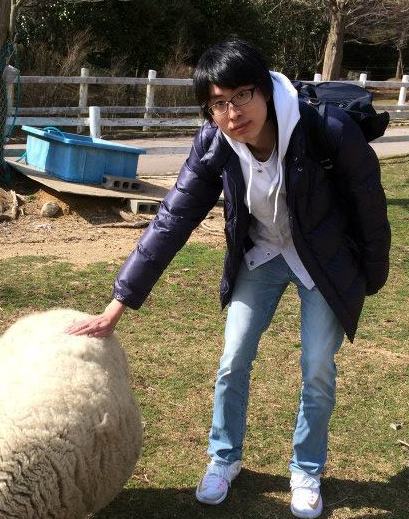 |
簡中昊 |
准教授兼 系主任 |
日本国立総合研究大学院大学 文化科学研究科国際日本研究専攻博士 |
日本近代文学、 台湾文学、 原住民文学 |
【Ext】32613 【E-mail】goodhao1@mail.nptu.edu.tw |
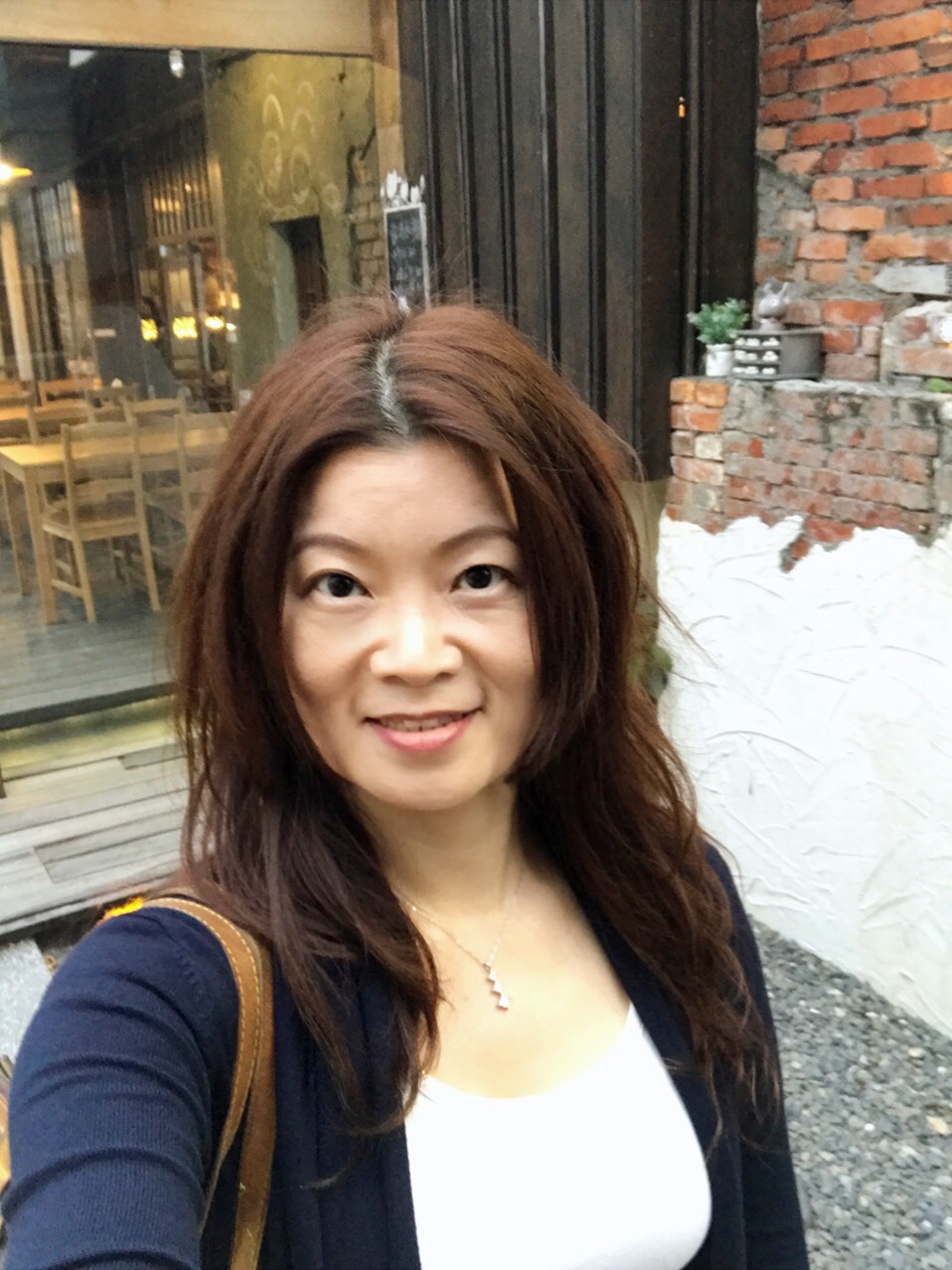 |
郭碧蘭 |
教授 |
明海大学大学院応用言語学研究科応用言語学博士 |
談話分析、 第二語言習得、 社会语言学、 中日比較研究 |
【Ext】32602 【E-mail】kaku@mail.nptu.edu.tw |
 |
傅玉香 | 准教授 | 日本大阪教育大学教育学修士 |
日本語教育、 翻訳学、 中日比較文学 |
【Ext】31619 【E-mail】ysfu@mail.nptu.edu.tw |
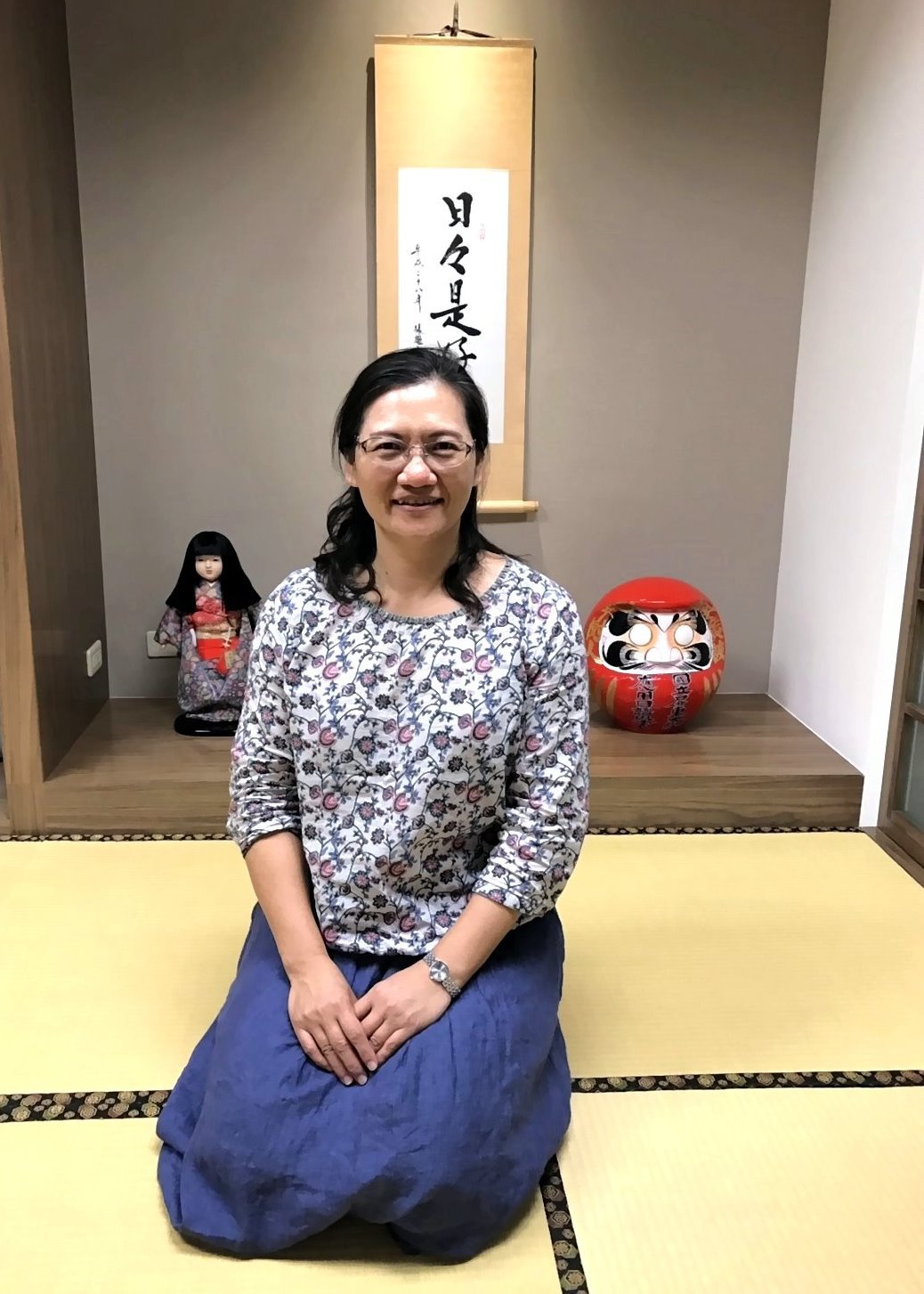 |
劉秋燕 | 助理教授 | 国立名古屋大学文学博士 |
日本言語学、 日本語教育 |
【Ext】32666 【E-mail】tsubame@mail.nptu.edu.tw |
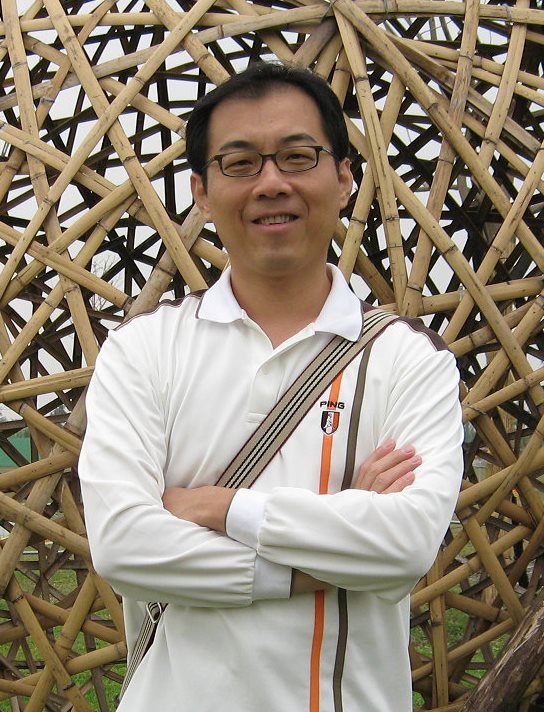 |
潘兆祥 | 助理教授 | 日本愛知学院大学文化研究科文学博士 |
日本文化、 日本言語学、 異文化理解 |
【Ext】31627 【E-mail】chpan4170@mail.nptu.edu.tw |
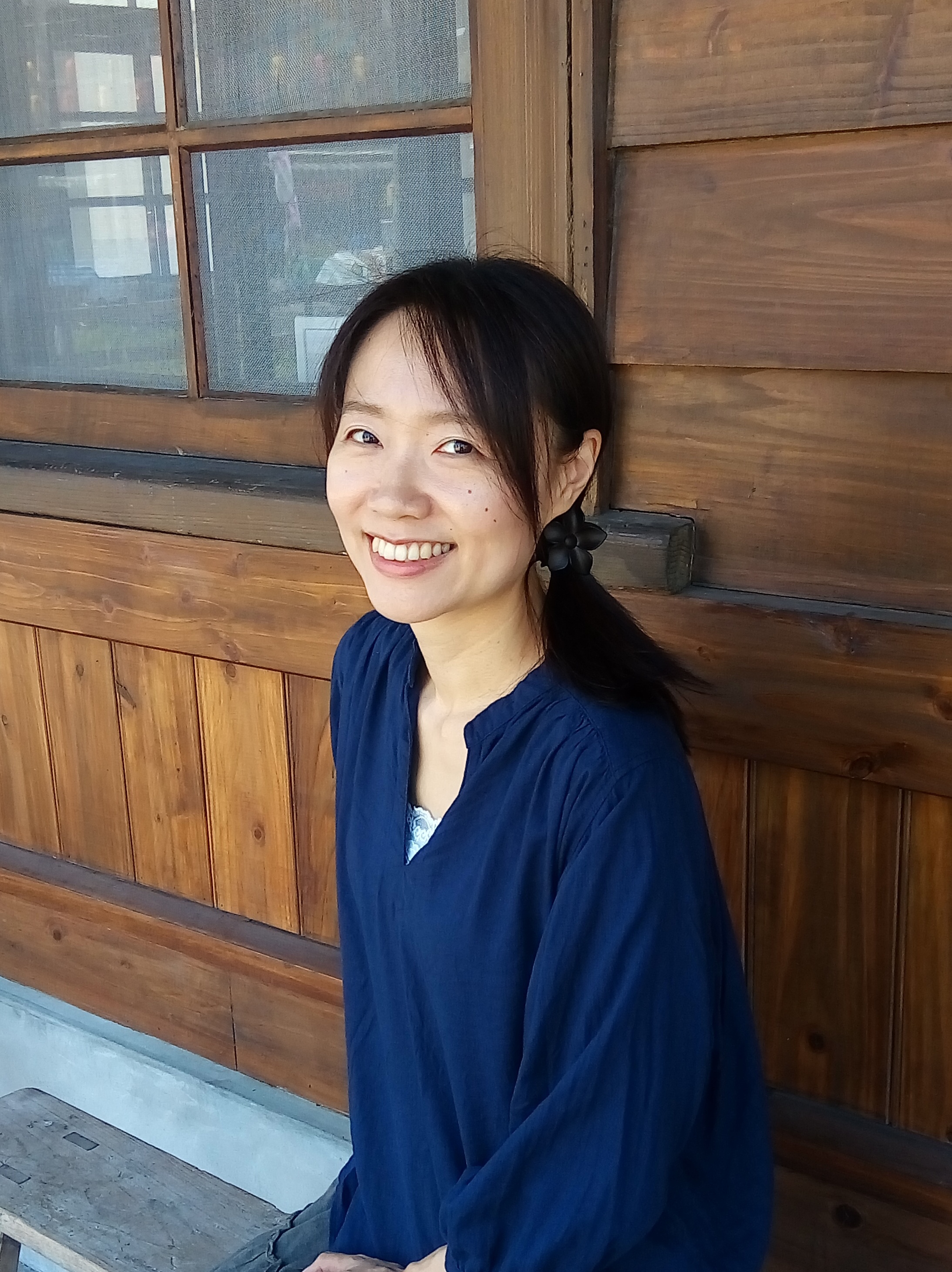 |
陳君慧 | 助理教授 |
日本麗澤大学大学院言語教育研究科 日本語教育学専攻博士 |
日本語学 |
【Ext】32622 【E-mail】durgapo@mail.nptu.edu.tw |
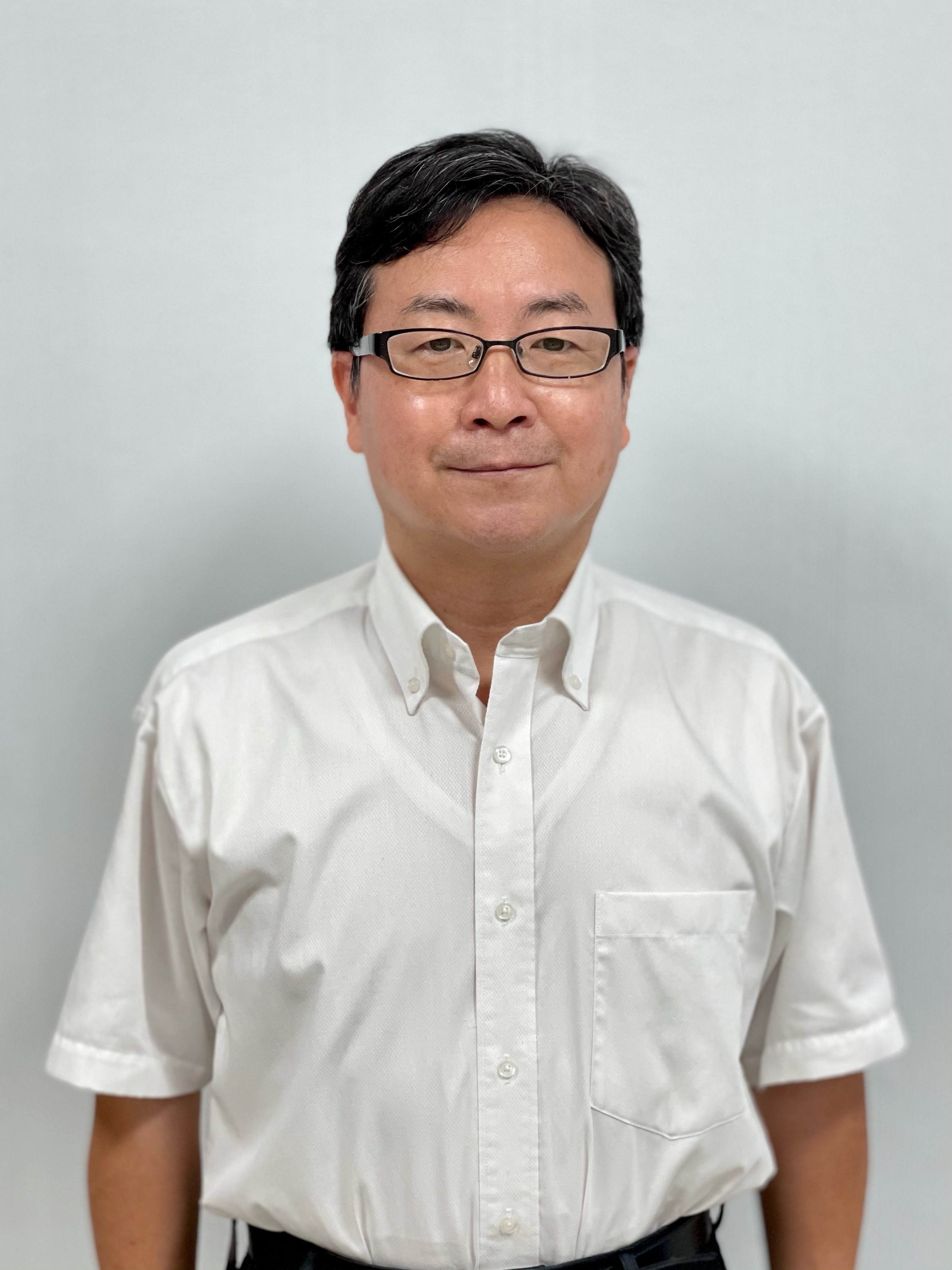 |
佐藤敏洋 | 助理教授 | 神田外語大学大学院言語科学研究科修士 | 日本語教育 |
【Ext】31663 【E-mail】sato@mail.nptu.edu.tw |
Career prospect
Graduates may serve as Japanese teachers, Japanese secretaries, sales representatives, Japanese interpreters/translators, professional editors, or civil servants in the foreign corps and government agencies.
International Exchanges
Since the establishment of our department in 2000, visits have been exchanged between our department and various universities in Japan, such as: J. F. Oberlin University, Surugadai University and Miyazaki Sangyo-Keiei University. These exchanges allow for observing the operational strengths of other schools, learning from others, and increasing the opportunities for academic exchanges between our department and the world.
Regarding the student exchange program, the universities that currently participate in international exchanges with our department include: Educational Foundation Hokkogakuen'Asahikawa Welfare Special School,Hirosaki University (Aomori Prefecture), Reitaku University (Chiba Prefecture), Himeji Dokkyo University (Hyogo Prefecture), Sanyo Gakuen University, and Hiroshima Shudo University (Hiroshima Prefecture). In order to offer exchange students diverse options, these universities are scattered throughout Japan, from Hokkaido, Tohoku, Kanto and Kinki to the Chugoku region.
For overseas students admitted to our school for educational internship, our department also provides excellent internship programs and opportunities that meet interns’ individual goals. These programs cater to interns’ needs and create close interactions between our students and overseas students at the same time. For example, Reitaku University and Himeji Dokkyo University send their students to our department for an educational internship every year to assist with teaching and enhance exchanges and interactions with our students.
Future Development
Future graduates may enter trade-related industries to engage in work related to international trade, or become receptionists or professional Japanese guides in the travel, tourism and service industries.
Future graduates may also work as translators or interpreters in fields related to trade and tourism.
Future graduates may also seek further study by taking overseas study exams by studying abroad in Japan or applying for graduate schools in Taiwan
Others
Our department has established industry-academy cooperation with many enterprises. On-campus and off-campus exchange activities are held every semester, and visits to enterprises are organized on an as-needed basis. Moreover, our department often receives requests from the Pingtung County Government and adjacent junior and senior high schools to assist with Japanese-Chinese interpretation and translation during the visit of their Japanese guests. For detailed description of our department, please visit our website: https://daj.nptu.edu.tw/index.php?Lang=zh-tw




